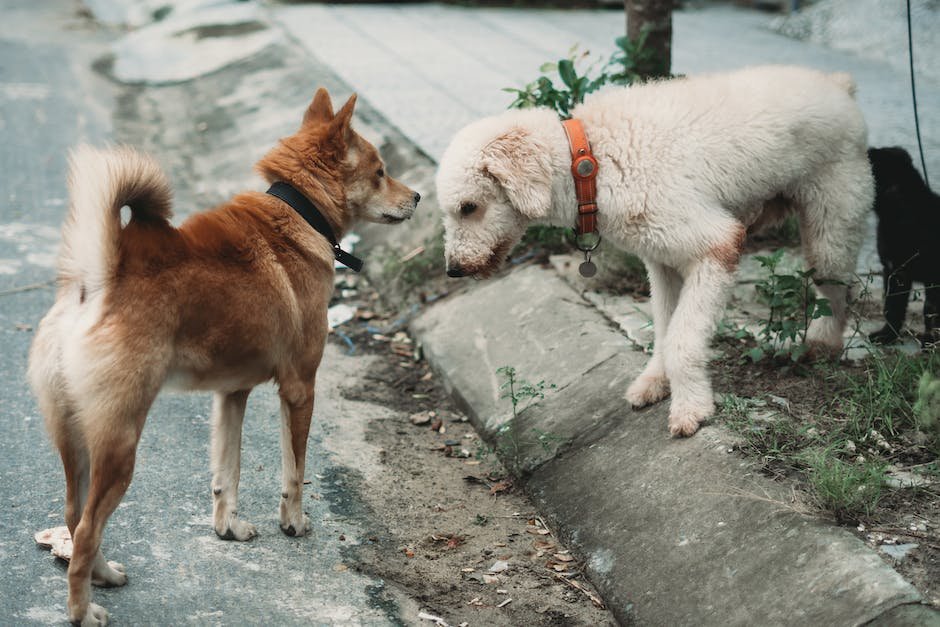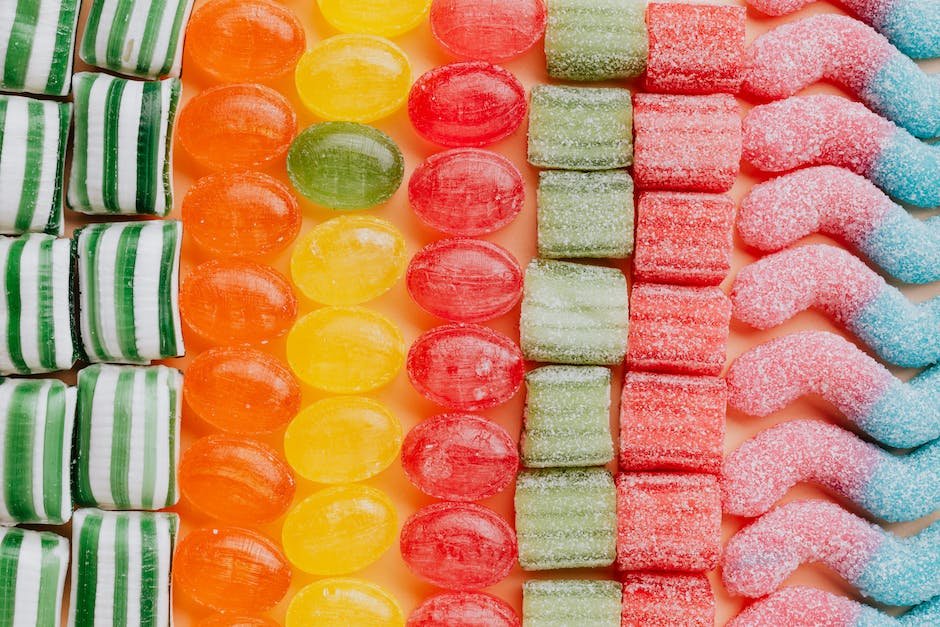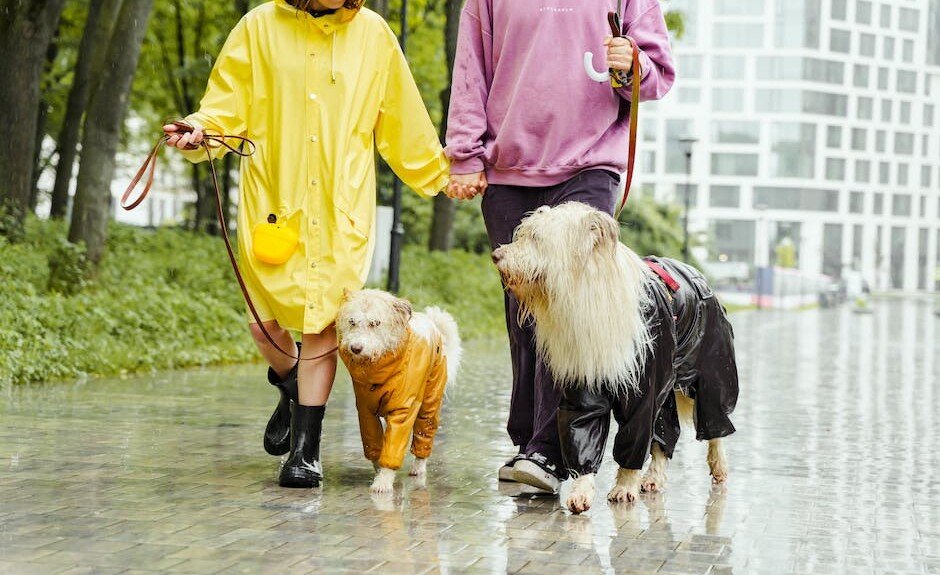As dogs’ loving friends, they associate the taste of caramel with someone being good to them. Unfortunately, not everyone is aware that some caramels contain too much the chemical acrylamide, which can potentially cause health issues for your dog.
Acrylamide comes from cooking foods or working with chemicals in the manufacturing process that then combine together and solidify. When heated at high temperatures or for long periods of time, it produces free radicals and eventually acrylamine, which are both very harmful to humans and animals.
In studies conducted on rats, acrylamide was linked to cancerous tumors and reproductive problems. It also caused neurological damage and behavioral changes. For dogs, internal exposure has been linked to digestive and kidney complications.
Caramel is a popular food flavor made by boiling sugar and water until all the liquid has evaporated. Because acrylamide will remain in any remaining liquids, including milk, when baking or toasting products, most people assume that using regular intensity baked goods like cookies, cakes, and brownies is safe.
However, not every style of caramel contains enough acrylamide to be unsafe for dogs. Some light-colored caramels, such as chocolate dipped ones, may contain less than one part per million (1 ppm), even though they are marketed as having higher amounts.
Too much caramel can cause diarrhea

Many people adore giving their dogs caramels, but unfortunately not everyone knows what kind of caramels are safe to give your dog!
Caramel is an often-given treat that many owners enjoy preparing for their pets. Unfortunately, some types of caramel contain additives or ingredients that are not healthy for your dog. The most common ingredient in caramels is sugar, which dogs’ bodies cannot process properly. When too much sugar is consumed, it may go into excessive digestion, causing vomiting or diarrhea.
Certain colors of caramel like chocolate and strawberry also contain iron, and when enough is ingested, it can be harmful to your dog’s health. If you are ever unsure if your dog has had enough of a specific type of food, check its stomach by running it through the toilet paper. If there is still food in the stomach, then they have probably already finished that particular meal and should be given more of the same food.
Sugary foods can contribute to weight gain as well, so make sure to keep an eye on your dog while they are eating these snacks. Also, make sure to correct any potential nutritional deficiencies by speaking with your vet.
Some dogs are allergic to caramel

Although most dog owners adore their pets, there are some who may not! These people may actually enjoy making your dog sick by introducing an allergen into his diet.
Caramel is a popular food ingredient that many humans love to add to desserts and snacks. Unfortunately, some dogs have a sensitivity to this natural sugar compound.
If you like recipes that call for carmel, make sure they are gluten-free or contain no raw meat ingredients as these can be a source of trace amounts of glutamic acid (GLU), which is a common cause of food allergies in dogs.
Glutamate is an amino acid that helps transmit nerve signals in animals and plants. It comes from protein foods such as meats, dairy, and grains. Glutamate is also found in certain vegetables like potatoes, carrots, and parsnips.
For some dogs with allergy symptoms, eating one small amount of carmel can be the difference between whether they show signs and severity of disease or not. For those sensitive individuals, it can create severe health issues.
Dogs who are intolerant to glutamate develop a condition called oral epitheliotropism, where cells lining the mouth become irritated and overreact to the chemical.
Symptoms include red, swollen gums and loose teeth due to inflammation; hives and skin rashes caused by excessive saliva production; and breathing problems due to dry mucus.
Too much caramel can make your dog gain weight
While carmel is delicious, there are some rumors that it is not healthy for dogs. People claim that too much of it may cause obesity in dogs.
Some say eating too much carmel can contribute to pancreatic cancer in dogs. However, this isn’t true!
Dogs don’t have any way to process carmelose, a natural sugar found in milk and chocolate. So when they eat lots of carmalized foods, their bodies don’t get rid of the excess glucose.
This can put extra stress on your dog’s body to process the carbs. Many nutritionists believe that too many carbs is what causes overweight dogs.
However, just like people, individual dogs’ metabolisms work differently. Some dogs need more or less carbohydrate than others to stay lean.
There are many other health issues that can come from giving your dog too much caramel

When dogs eat too much sugar, it is often by sweet foods or through ingesting sodas or sweets that they find themselves in trouble.
A common diet trend that seems to be rising among some breed types of dogs is adding extra sugars to their food. This includes adding pure sucrose (table sugar), high-sugar fruits like apples, or using caramels as an ingredient in their kibble.
Caramel is a popular flavor option for dry dog snacks and treats because it is said to promote dental health. Many brands add little bits of caramel powder to some of their products, with no calories!
Sadly, this isn’t always the case. A small amount of excess carbs can result in excessive insulin production, which can have negative effects on overall canine health.
Keep caramel out of your dog’s reach

Many people believe that adding sugar to food is a good thing because it helps promote healthy digestion. But actually, eating too much sugar can be harmful for dogs!
Sugar can have very serious health consequences for dogs, including hyperglycemia (too high a blood glucose level), ketosis (when the body uses fat as an energy source instead of glucose) and death.
Some types of sugars are especially dangerous when ingested by dogs. These include coconut sugar, brown rice syrup and maple syrups, which all contain excessive amounts of glucose. The term “maple” in this context does not refer to the sweet ingredient used in making pancakes or waffles but rather to the sugary liquid that comes from pressing fresh sap.
Because these other carbohydrates are more easily absorbed than glucose, they increase the amount of sugar in the blood stream more rapidly. This can lead to problems for dogs who are already physiologically stressed due to illness or lack of nutrition.
Tell your dog to stay away from it

As mentioned before, dogs are not immune to sugar effects. They can suffer similar health problems as people when exposed to too much glucose or sugar.
Carbohydrates in foods can be broken down into simple sugars in our bodies. These include sugars such as lactose (found in milk) and glucose (which comes from food sources like fruits, vegetables, and carbs.
When we eat carbohydrates, some of the carbohydrate is absorbed into our blood stream and used to give us energy. This process requires insulin, a hormone that helps bring the blood’s glucose levels back to normal.
Some dogs have genetic issues which don’t regulate insulin properly. When this happens, their body doesn’t remove the excess glucose effectively, leading to high blood glucose levels.
This can cause symptoms such as weight gain, lethargy, vomiting, diarrhea, hyperactivity, seizures, and even death. Because of this, it is very important for owners to know if there are any signs of diabetes in their dog.
If you notice anything strange about your dog, talk with your doctor right away! There may be other causes but knowing how to identify potential diabetic symptoms will help rule out whether this is related to diet.
Wash your hands with soap after giving your dog any treats

Many people believe that adding flavor to food is bad because it can upset their stomachs or taste buds. This theory was popularized in human media, where reports talk about how dogs will get sick eating chocolate, caramels, or even table sweets like cookies and cakes.
However, this assumption is not supported by research! Food additives are never harmful when consumed according to instructions. Adding flavors to foods is actually a good thing because it helps satisfy your dog’s hunger.
When you give your dog snacks, they may eat some of them right away but most of them end up getting wasted. If you want to save those leftover bits, do not put the caramel, cookie, or chocolate bar inside of the bag first before washing your hands.
Instead, wash your hands and then pour the liquid out, leaving no trace of the melted sugar behind. Then, rinse the bag and cut off any strings, again making sure to avoid any sticky residue.
Try giving your dog some of his own treats to taste test

Have you ever noticed that your dogs seem a little more playful or active after eating something sweet? They are constantly chasing balls, jumping around the house, or even acting nervous and/or aggressive towards other animals!
It’s actually called stereotypic behavior, and it can be fun to watch! However, this behavior can have disastrous effects in puppies and older dogs who copy what they see being done by their trainers.
When puppies under three months old learn how to respond to things like food or toys by doing whatever was just shown to them, this is referred to as conditioning. Because they are learning from someone else, however, there is no need for repeated instructions until their behaviors go out-of-control.
For example, if a puppy learns how to roll over by watching its owner do so, then he will keep rolling and trying to get himself into position for another round of rolling! This kind of repetition is very unnatural and should be discouraged.
If you notice signs such as frequent barking, repetitive actions (like spinning or chewing) when your dog is hungry, try ignoring him while he eats to determine whether or not this behavior has been trained. Also make sure to never give your dog any foods that were not approved for use with pets.










